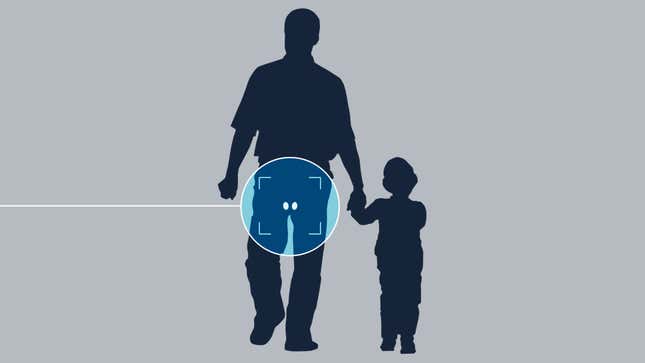What We Talk About When We Talk About Balls
Latest

Hey, what do we really know about balls, you guys? That they make semen and testosterone. That they are extremely vulnerable, but are bafflingly referred to as symbols of strength. That the expression “ballsy” is a good thing. That they are probably dipped in all manner of substances we might find surprising/hilarious. But today we learn something new about balls. And perhaps will speak of them differently from this day onward.
The times they are a’ changin. The balls they are a’ shrinkin’. Feminism has won. Smaller balls are connected to being a better dad. Yes. A new study reported on by Time says that:
Prior research has already suggested that dudes with higher testosterone levels are less into raising kids, but this study, which was published in the proceeding of the National Academy of the Sciences on Monday, is the first to find an independent correlation between testicle volume and parenting. As with other seed-bearing nuts, testicle-size determines how much juice is produced, and it seems there’s a kind of law of diminishing returns at work. The greater the semen output in each ejaculation, the smaller the parenting output later on. That matters—a lot.
Ladies looking for lifelong helpmates: Beware the giant load.
The basis for the study was 1) the obvious observation that some fathers are heavily involved in parenting and others are not, and 2) the desire to answer the question of whether the increase in the number of absent fathers in the second half of the 20th century has a biological basis. “Testicular volume is likely to be a more stable measure than testosterone,” says [one of the study’s authors, James] Rilling.
To find out, the researchers measured the balls and brains of 70 Atlanta dads while those dads looked at pictures of their offspring. The smaller the balls, the greater the nurturing response in their brains, especially if the kids were expressing emotion of some kind. They backed up this proof of brain involvement with questions about actual involvement in the day-to-day care of these kids — doctor visits, nighttime awakenings. And they checked with the partners of these men.
-

-

-

-

-

-

-

-

-

-

-

-

-

-

-

-

-

-

-

-

-

-

-

-

-

-

-

-

-

-

-

-

-

-

-

-

-

-

-

-








































